What is the Animal Medicines Amnesty?
The Animal Medicines Amnesty is a nationwide UK initiative encouraging veterinary practices and pet owners to safely dispose of unused or expired animal medications. This comprehensive programme helps protect both animal welfare and environmental safety by providing a structured approach to medicine disposal.
Why does proper medicine disposal matter?
Key takeaway: Improper disposal of animal medicines poses significant risks to the environment and public health, with studies showing that up to 30% of prescribed veterinary medications go unused.
The Environmental Agency reports that pharmaceutical contamination affects 88% of UK rivers, with veterinary medicines contributing significantly to this problem. Proper disposal through regulated channels helps prevent:
-
Groundwater contamination from landfill leaching
-
Accidental ingestion by wildlife
-
Antimicrobial resistance development
-
Chemical pollution in waterways
How do you implement an Animal Medicines Amnesty programme?
Follow these steps to establish a successful medicines amnesty programme in your practice:
-
Register your practice with the official Animal Medicines Amnesty scheme
-
Designate a secure collection point within your practice
-
Train staff on proper handling procedures
-
Maintain accurate disposal records
-
Schedule regular collection with licensed wastemanagement providers
-
Communicate the service to clients through various channels
What are the best practices for medicine collection?
Successful implementation requires careful attention to detail and clear protocols:
-
Establish dedicated collection hours during normal business operations
-
Provide sealed containers for medicine deposits
-
Create clear signage explaining acceptable items
-
Maintain a temperature-controlled storage area
-
Document all received medications
-
Issuedisposal certificates to participating clients
What challenges might you face?
Common challenges include:
Client Education Many pet owners don’t realise the importance of proper medicine disposal. Recent surveys show that 45% of UK pet owners have disposed of medications in household
waste.
Storage Limitations Practices must ensure adequate secure storage space for collected medications. The RCVS guidelines recommend separate storage areas for controlled drugs
and regular medications.
Cost Considerations While initial setup costs average £200-£300, the long-term environmental benefits and enhanced client relationships justify the investment.
How can practices promote participation?
-
Effective promotion strategies include:
-
Social media campaigns highlighting environmental impact
-
Client email newsletters with disposal guidelines
-
In-practice educational materials
-
Collaboration with local environmental groups
-
Regular reminders during check-ups
What are the environmental benefits?
Research from the Veterinary Medicines Directorate shows that proper disposal of animal medicines can reduce pharmaceutical water contamination by up to 40%. This significant reduction helps protect:
-
Aquatic ecosystems
-
Soil quality
-
Wildlife populations
-
Public water supplies
Frequently Asked Questions
Q: What types of medications can be returned?
A: All unused or expired veterinary medicines, including tablets, liquids, creams, and unopened vaccines (excluding controlled drugs, which require separate disposal protocols).
Q: How often should practices arrange collections?
A: Monthly collections are recommended, though frequency may vary based on practice size and volume of returned medications.
Q: Are there any costs for pet owners?
A: No, the service should be free for pet owners to encourage maximum participation.
Q: How long can medications be stored before disposal?
A: Collected medications should bestored for no longer than three months before professional disposal, following VMD guidelines.
Q: What documentation is required?
A: Practices should maintain records of all collected medications, including dates, types, and quantities, plus disposal certificates from waste management providers.
Best Practices for Implementation
Successful amnesty programmes typically include:
-
Clear client communication materials
-
Regular staff training updates
-
Secure storage protocols
-
Efficient recording systems
-
Environmental impact monitoring
Impact Measurement
Track these key metrics:
-
Volume of medications collected
-
Number of participating clients
-
Types of medications returned
-
Environmental impact reduction
-
Cost savings from bulk disposal
Legal Compliance
Ensure adherence to:
-
Environmental Protection Act requirements
-
Waste Management regulations
-
RCVS Practice Standards Scheme guidelines
-
Local authority requirements
Client Education Resources
Provide information about:
-
Proper storage at home
-
Expiration date monitoring
-
Transport safety
-
Environmental impact
-
Disposal procedures
Staff Training Requirements
Essential training elements include:
-
Handling procedures
-
Documentation requirements
-
Storage protocols
-
Client communication
-
Emergency procedures
TL;DR Summary
-
The Animal Medicines Amnesty is a crucial environmental and public health initiative for proper disposal of unused veterinary medications
-
Implementing a successful programme requires secure collection points, staff training, and clear client communication
-
Benefits include reduced environmental contamination, enhanced client relationships, and improved public health protection
-
Proper disposal can reduce pharmaceutical water contamination by up to 40%








